| Clutching My Pearls is about Jane Austen and the times she lived in. The opinions are mine, but I don't claim originality. Much has been written about Austen. Click here for the first in the series. “Well, well,” returned she, "we are not all of us born to equal honour. Some of us are to be set up for warnings, some for examples; and the first are generally of greater use to the world than the other." -- Miss Charlotte Grandison, in Sir Charles Grandison |
| | In her early, 18th century incarnation, the sidekick is often in danger of upstaging the heroine, because she is livelier and funnier. The sidekick can say cutting things about the other characters in the novel, while the virtuous heroine can only say something very mild and forbearing. In Hollywood rom-coms, the wise-cracking sidekick is made less of a threat to the heroine because she is reliably plumper, plainer, or older than the heroine. Whatever her other characteristics, some traits are consistent -- she is devoted to the heroine, intensely interested in her doings, and always looking out for her interests. |
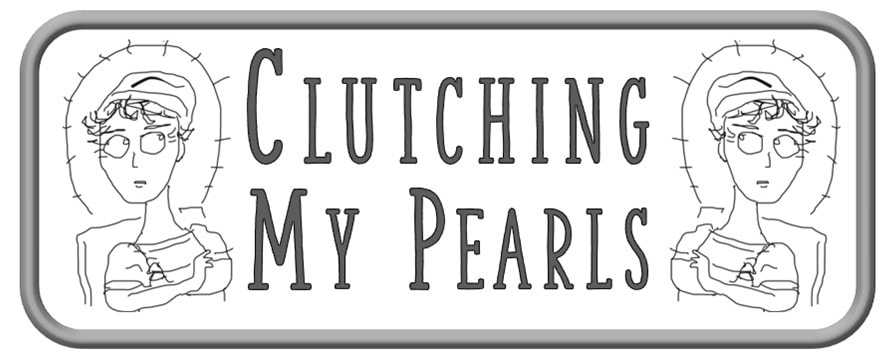
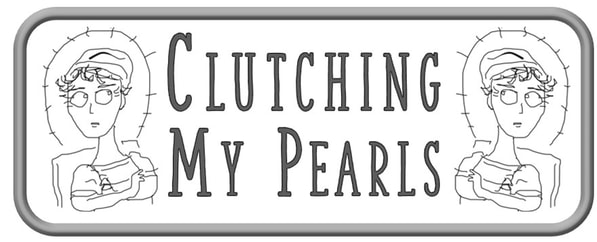
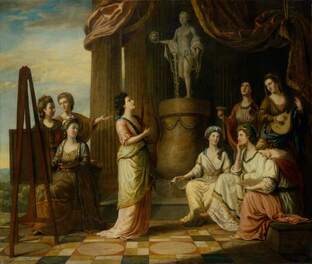
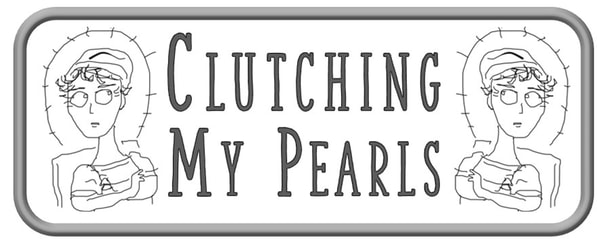
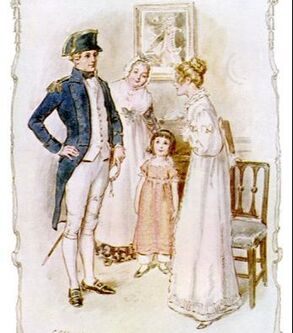
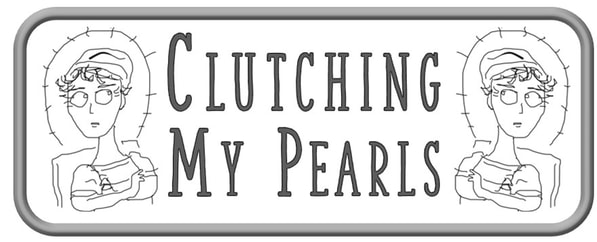
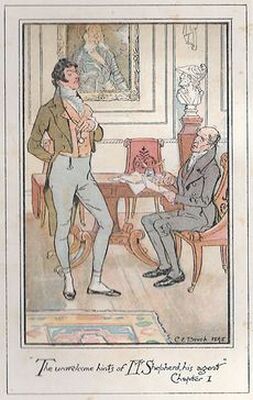
 RSS Feed
RSS Feed